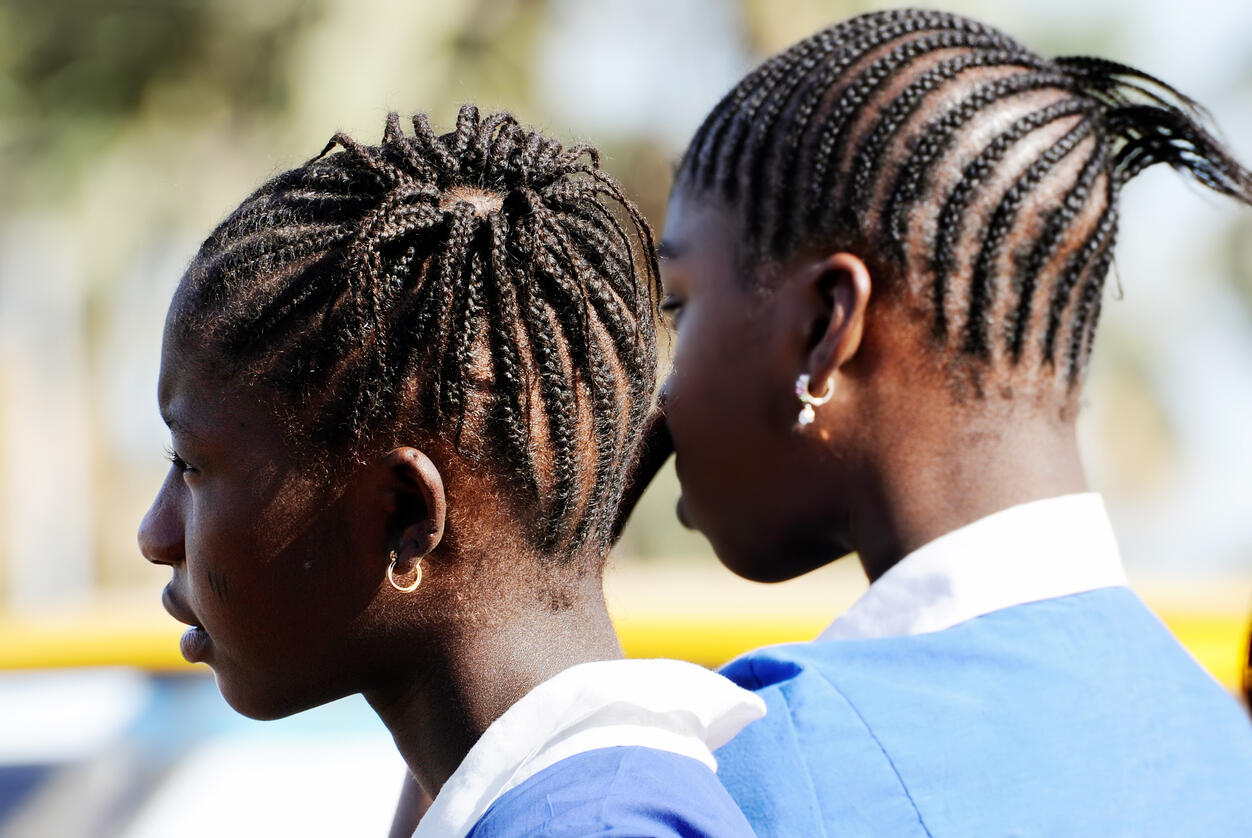
It is nearly two years (May 2019) since we raised concern in a response to the Lancet’s ‘Advancing Women in Science, Medicine, and Global Health’,1 that women scientists as first or last authors are more likely to publish in lower impact journals.2 We noted that ‘women who elevate knowledge about their sex are thus penalized, sending a chilling message about the value and potential advancement of women’s and girls’ health, and building a career engaging such topics’.
Menstrual health has received minimal attention, despite affecting over a quarter of the world’s population, and implying that such basic female needs are unworthy of attention. It has slowly emerged to the fore through female academics such as Marni Sommer from Columbia University and allied partners, who have dedicated considerable effort into examining the relevance of menstruation for public health and social equity. There was no opportunity to break the glass ceiling (there were no walls, let alone a ceiling), or to push to sit at the ‘big boys’ table (there was no table). As a network of female collaborators, across all sectors, we have created our own roadmap with numerous collective achievements realized,3 including recognition of the global importance and implications of poor menstrual health by WHO.4
Our team in UK, Kenya, and India contribute to this. Since 2011 we have built our knowledge and expertise about girls’ and women’s menstrual needs and explored solutions that can empower them to manage their menstruation safely and with dignity and enable them to complete school and reach their potential. Through robust research, diligence and resilience, the team have generated some 30 research publications with female first and last authors. Frequently rejected from ‘high esteem’ journals, we have inched forward, culminating in a paper on menstrual cups,5 that has remained in LSTM’s top 5 Altmetric Attention Score for over a year, while scoring highest percentiles (86%, 100%, and 99%) for citations, mentions, and social media, respectively, by the journal.5 Obtaining grants to support research on women’s health needs too has been an uphill battle, at the last count, we have applied for some 50 grants over the past decade to achieve sustained solid funding. We greatly appreciate the support of UKRI, enabling us to spearhead seminal research on women, by women, for the betterment of all.
The past 12 months have devastated populations and lives. The covid-19 effect has been pervasive and unforgiving, with strong evidence of the high burden placed on women in the workforce. Like all, our research has been hampered, with school closures and lockdown preventing field research activities, but the huge dedication of our staff, with their patience, endurance, and flexibility has enabled us to be within touching distance of completion of our large-scale trial among schoolgirls in Kenya.6 In the years’ ahead, we aim to build on the momentum of recent years, further developing research on neglected public health needs of girls and women - as all are worthy of attention.
We celebrate International Women’s Day on behalf of female academics across the world. We pay tribute to their resilience and relentless pursuit to advance girls’ and women’s health, wellbeing, and social equity internationally.
Professor Penny Phillips-Howard
References of interest
1. Sugimoto CR, Ahn YY, Smith E, Macaluso B, Lariviere V. Factors affecting sex-related reporting in medical research: a cross-disciplinary bibliometric analysis. Lancet 2019; 393(10171): 550-9.
2. Caruso BA, Sommer M, Phillips-Howard PA. All of women's health needs are worthy of attention. Lancet 2019; 393(10186): 2119.
3. Sommer M, Caruso BA, Torondel B, et al. Menstrual hygiene management in schools: midway progress update on the "MHM in Ten" 2014-2024 global agenda. Health research policy and systems / BioMed Central 2021; 19(1): 1.
4. Plesons M, Patkar A, Babb J, et al. The state of adolescent menstrual health in low- and middle-income countries and suggestions for future action and research. Reprod Health 2021; 18(1): 31.
5. van Eijk AM, Zulaika G, Lenchner M, et al. Menstrual cup use, leakage, acceptability, safety, and availability: a systematic review and meta-analysis. Lancet Public Health 2019; 4(8): e376-e93.
6. Zulaika G, Kwaro D, Nyothach E, et al. Menstrual cups and cash transfer to reduce sexual and reproductive harm and school dropout in adolescent schoolgirls: study protocol of a cluster-randomised controlled trial in western Kenya. BMC Public Health 2019; 19(1): 1317.